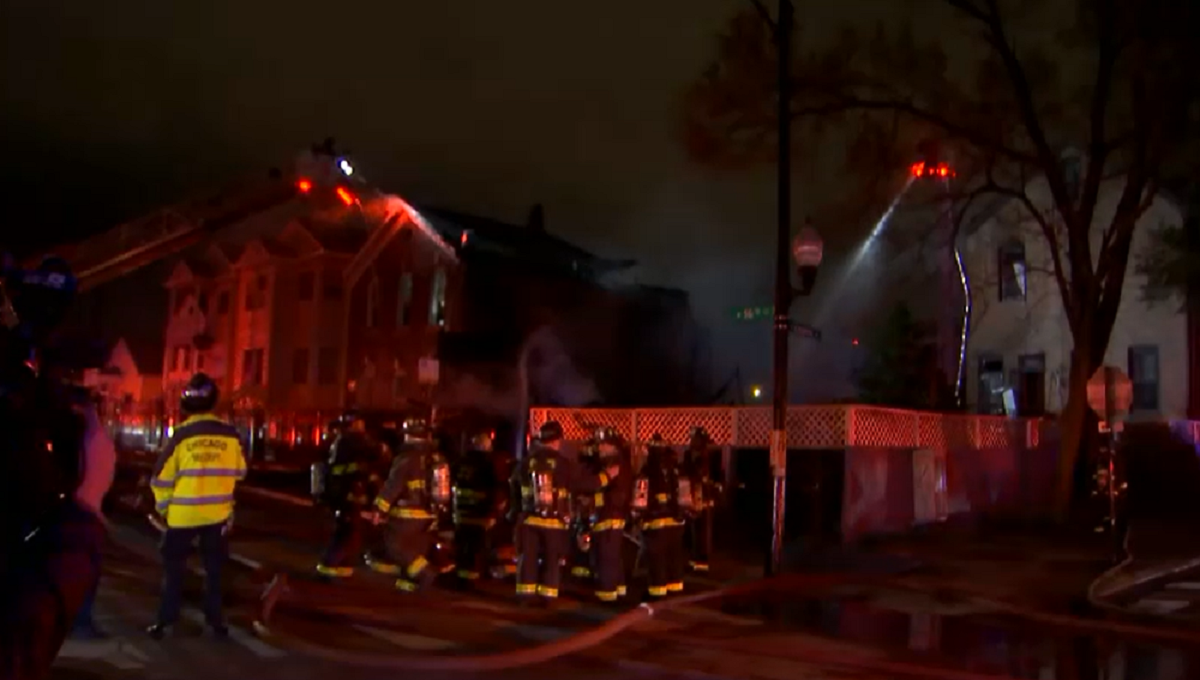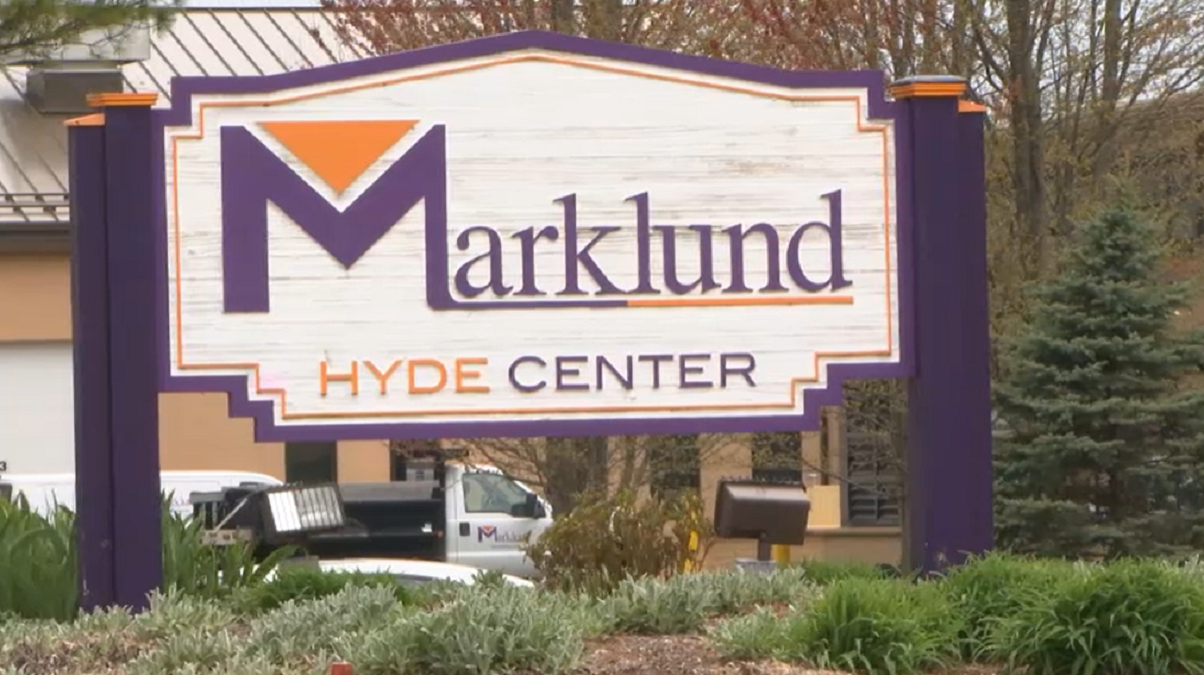The Illinois General Assembly convenes next week, ushering in the Prairie State's third century with historic numbers of Democrats running the show and pent-up demand for action.
Can they get any work done?
Democrats have not surrendered control of either chamber of the Legislature for more than 15 years, but progress has been overshadowed by scandals that sent two successive governors to federal prison, backed-up bills and a long-overdue pension debt coming home to roost, and, in the past four years, ideological stalemate with Republican Gov. Bruce Rauner, which stalled even a basic annual spending plan for two years running .
On the heels of Illinois' bicentennial last month comes Democratic Gov.-elect J.B. Pritzker with promises of a revamped and fairer income-tax structure, a capital construction plan to bolster roads and bridges, legalized marijuana use to help pay for it, and a boost in the minimum wage.
Backing him are history-making Democratic majorities. In the past 140 years, as a percentage, the Democrats' 74-44 control of the House is second only to the 118-59 edge they held when the House was bigger from 1965 to 1967, after a failed attempt at reapportionment forced every house member to be elected statewide on the now-notorious "bedsheet ballot."
The Senate seats 40 Democrats to 19 Republicans, matching their 2013-2015 count and next in percentage only to its Great Depression-era 1935-to-1937 majority.
Such concentrated power holds pitfalls. Republicans are already blanketing the majority with the derisive tax-and-spend mantle. Or things might go nowhere. Illinois Democrats are a diaspora of issues, ideas, beliefs and cultures.
Local
"I suggest that Gov. Pritzker come in with four or five important initiatives, moderate in nature, which can succeed," said Rep. Mike Zalewski, a Riverside Democrat beginning his sixth term. "We've had a turbulent eight years and if we focus on small successes, they can translate into big successes in the long run."
That might be the plan before the 101st General Assembly is even sworn in on Wednesday. The lame-duck 100th assembly will be in Monday and Tuesday. A note to House Democrats instructs them to be in Springfield for action on "the items being requested by the governor-elect."
Pritzker spokeswoman Jordan Abudayyeh said only that Pritzker "is working with lawmakers to introduce good-governance legislation to move forward on key priorities" as soon as next week.
Michael Madigan, the Chicago Democrat who has served longer as a state House speaker than anyone else in U.S. history, could be in a mood to reward Pritzker. Pritzker stood by Madigan, who's held the House gavel for all but two years since 1983, last spring while other Democratic primary opponents criticized Madigan's handling of sexual harassment complaints among staff members and even called for him to step aside.
And Madigan is no worse for the wear after four years of withering criticism from Rauner as a corrupt machine politician whose self-interest tops the public interest. Madigan might be less popular, but he's in a position that doesn't require popularity, said Andrew Civettini, a political scientist at Knox College in Galesburg. Pritzker can take advantage of that.
"He can take credit for doing what he promised, but if it doesn't come out the way he intended, he can say, 'Here's what I wanted, but my hands are tied by this Legislature," Civettini said. "It's a little bit of insurance for the governor."
Pritzker has breathing room. The graduated income tax, which would require voters to change the Constitution, will take years. But the fiscal picture is stable, despite remaining mountains of debt. The governor's office estimated last fall that revenue could fall $500 million short at the end of the fiscal year, but that was before a December report showing state revenue coming in at a rate 10 percent ahead of the previous year.
Madigan is on board with legalizing the recreational use of marijuana, which Pritzker estimates could bring in $700 million to $1 billion in state revenue. Lawmakers previously approved a gradual increase in the minimum wage to $15 by 2022, but Pritzker has replaced the governor who vetoed it.
And it's been a decade since approval of a capital construction plan with roads, bridges and schools crumbling. Sen. Cristina Castro, the Elgin Democrat who is vice chairwoman of the Transportation Committee, said discussions are under way but she predicts no quick remedies, either.
"I tell people, 'We're on the right path, but have patience,'" Castro said. "It's easier to destroy than to fix."



